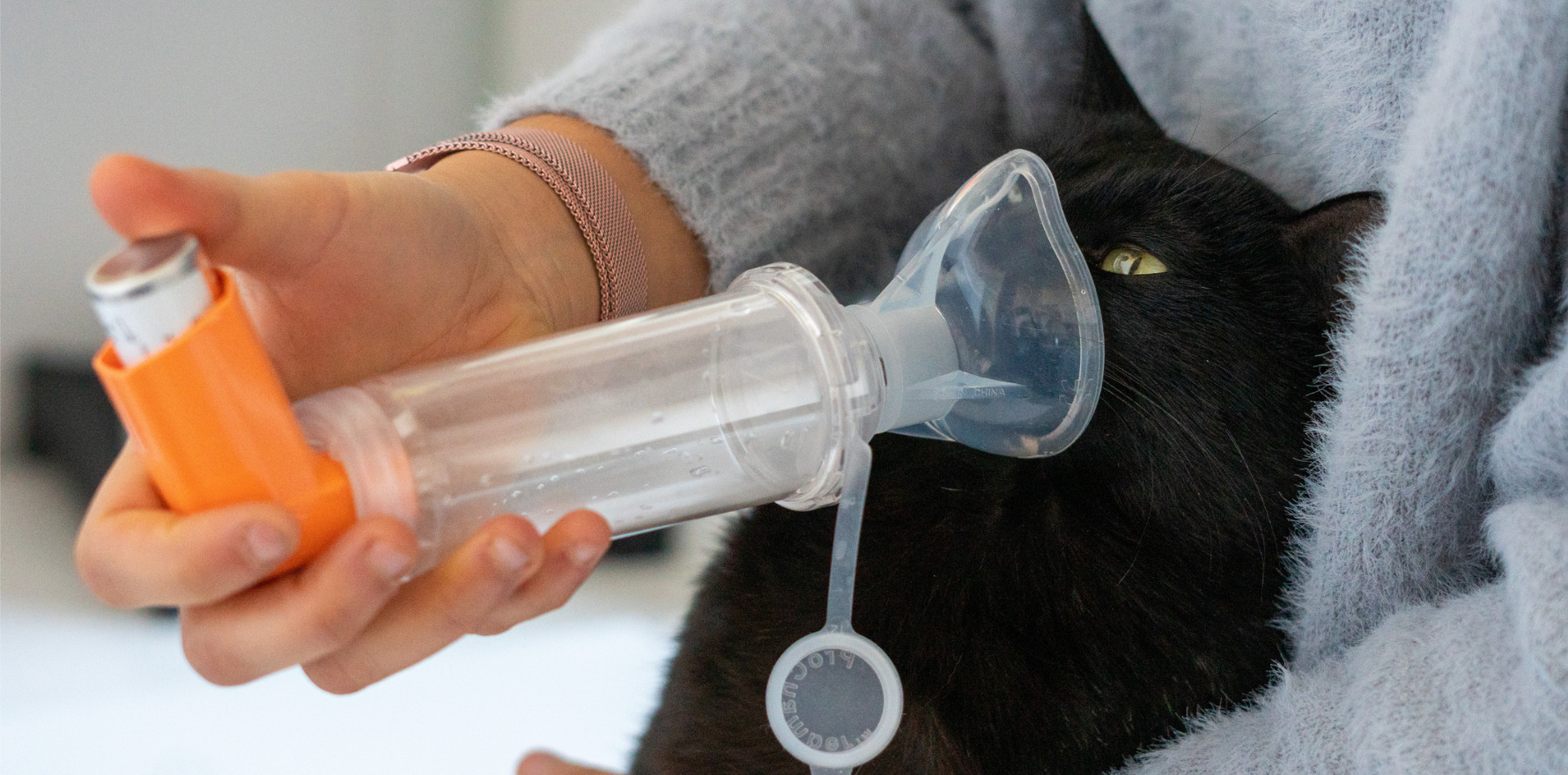Respiratory diseases remain among the world’s leading killers, yet research, funding and advocacy lag far behind other major health conditions.
An Australian respiratory health expert has co-penned a Lancet comment piece warning that a chronic lack of funding and low public awareness has created a vicious cycle that is stalling progress against lung disease worldwide.
The editorial was written by an international group of respiratory researchers following discussions at the 2024 European Respiratory Society conference, and published this month in The Lancet Respiratory Medicine.
They highlight how chronic lung conditions remain significantly underfunded despite being among the leading causes of death and disability worldwide.
Dr Sanjay Ramakrishnan, of the Western Australian-based Institute for Respiratory Health, said respiratory illnesses disproportionately affect people from lower-income backgrounds who generally weren’t as visible to advocacy and funding circles.
“There’s still a stigma around smoking even though many lung conditions have nothing to do with tobacco use,” he said.
“That stigma has shaped policy and funding decisions in ways that ignore the real scale and urgency of the problem.”
A World Health Organization analysis of research grants from 2012 to 2017 found respiratory diseases received just 2% of non-communicable disease research funding. Chronic obstructive pulmonary disease (COPD) ranked 50th in disease-specific allocations, trailing well behind other top causes of death.
The editorial authors argue that other chronic conditions including cardiovascular disease and diabetes have benefited from messaging that generate empathy and urgency for change. Lung health, by contrast, has often been seen as avoidable or self-inflicted.
“It’s time to reframe how we talk about the lungs. We need to strip away stigma and put respiratory health at the centre of our public health agenda,” said Dr Ramakrishnan.
While public health campaigns have focused heavily on smoking cessation, the authors said this had failed to create a broader public conversation about lung health.
“The impasse might be due, in part, to prioritising restrictive advice (e.g., to not smoke), rather than focusing on positive narratives that might foster sustained public engagement,” they wrote.
“International programs, such as the WHO Framework Convention on Tobacco Control, have contributed to declining smoking rates since 1990. However, tobacco control remains under constant pressure from lobbying and emerging threats such as vaping, which present new challenges.”
Related
By contrast, national cancer plans have delivered structured funding, prevention programs, and high-visibility campaigns such as World Cancer Day. Comparable respiratory health advocacy is hampered by outdated communication approaches, weak political traction, and inconsistent government support, they wrote.
To break the cycle, the authors proposed three key actions, including:
- Train and equip doctors with the skills to engage the public through media, social platforms, and storytelling.
- Develop national respiratory strategies, including the adoption of structured frameworks, similar to cancer plans, to secure funding and policy action.
- Empower patient-driven advocacy.
“It is time to reframe the lung’s narrative, strip away stigma, and carry respiratory health into mainstream conversations,” the authors wrote.
“Cardiologists made cardiovascular health compelling – it is up to us to make lung health attractive.”
Dr Ramakrishnan said he was optimistic that change was possible but that it must start with how society talks about lung disease.
“We need to emphasise that lung disease is not a moral failing. These are medical conditions that can affect anyone,” he said.
“We also need to share hope. When we talk about lung health, we must make it clear that research leads to breakthroughs and those breakthroughs lead to longer healthier lives.”





